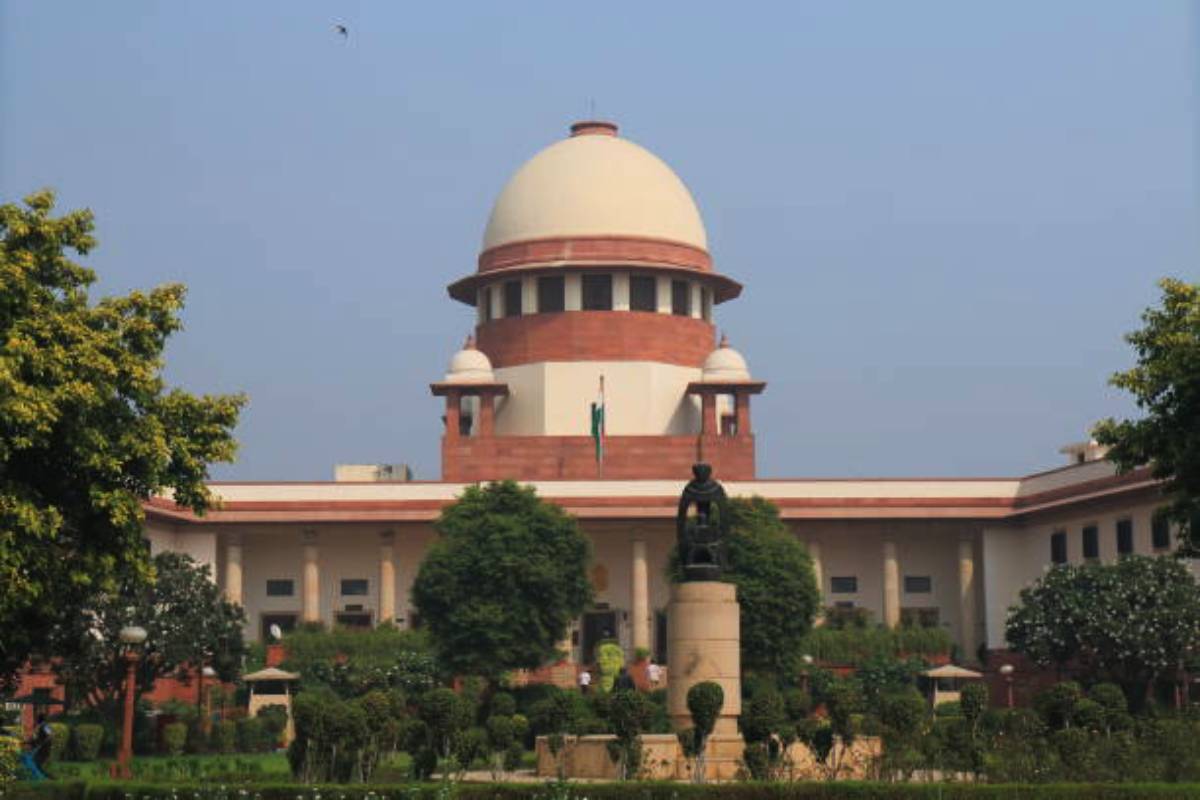Dev Deepawali: Binding India’s spirituality and divinity
Being presented as the “Festival of Lights for the Gods”, Dev Deepawali is one of the most special events that Varanasi celebrates.
The Supreme Court on Monday agreed to examine on April 14, a plea for alternative arrangement for ‘wuzu’ for worshippers at Gyanvapi mosque, Varanasi. The plea said that due to Ramazan, the number of worshippers have increased.

File Photo
The Supreme Court on Monday agreed to examine on April 14, a plea for alternative arrangement for ‘wuzu’ for worshippers at Gyanvapi mosque, Varanasi. The plea said that due to Ramazan, the number of worshippers have increased.
Senior advocate Huzefa Ahmadi mentioned the matter on behalf of Muslim side before a bench headed by Chief Justice of India D.Y. Chandrachud.
The bench told Ahmadi that this is a procedural issue. The counsel requested the court to hear the matter on Monday and said “the water for wuzu is being used for a drum. There are more worshippers due to Ramazan.”
Advertisement
He further added that he is insisting because of Ramazan. However, the Chief Justice said it would be difficult for Justice Surya Kant, who was part of the earlier bench, to join for hearing. After hearing brief submissions, the bench said it will hear the matter on April 14.
In November last year, the apex court had extended the protection of the area inside Gyanvapi mosque, where a ‘Shivling’ was found, till further orders.
The top court had said the interim order passed in May 2022, in connection with the protection of the area inside Gyanvapi mosque where a ‘Shivling’ was found, during a survey, will remain in operation till further orders.
Committee of Management Anjuman Intezamia Masajid Varanasi, in its plea, contended the ablution area of the mosque where the “said object” has been found which, the petitioner maintains, is in fact a part of an old fountain. The plea further added that it was sealed by the district authorities and remains sealed till date, and the washroom alongside the same also remains sealed.
The plea contended that it has created inconvenience for the worshippers where they are deprived of the wuzukhana needed for offering namaz as well as the washroom. It pointed that the door to access the washroom was through the ablution area and the same remains sealed.
Advertisement